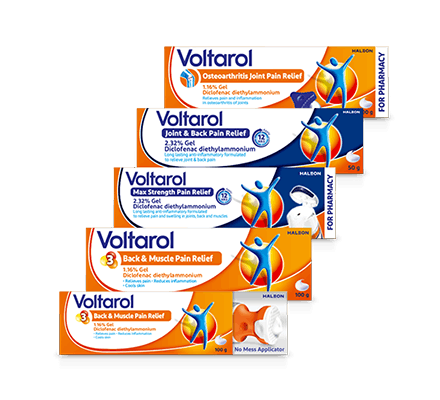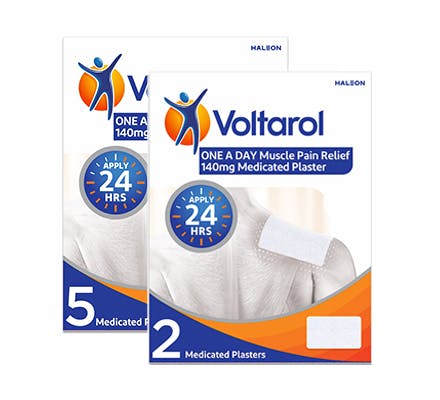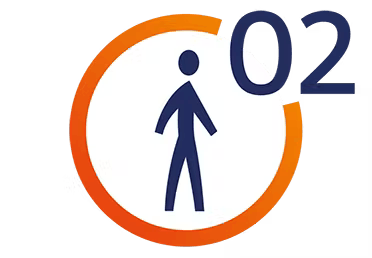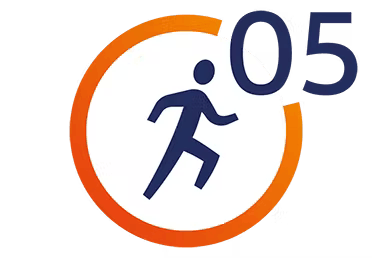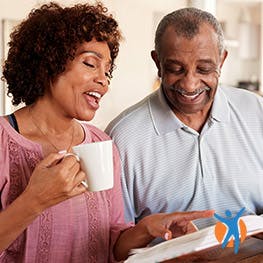
SHARE THIS ARTICLE:
The hip is one of the largest weight-bearing joints in the body, which is why hip pain is so common. Here we look at how age and use can cause hip pain and how it can affect freedom of movement.
Symptoms of hip pain
Hip pain may be felt in many related areas of the body including the thighs, groin, buttocks and hip joint.
- Sometimes the only sign of a hip problem is pain in the knees. This is relatively common and is called referred pain.
- Hip pain may get worse with activity, for example after exercise, a long walk or a run.
- You may find that your range of motion is reduced and you can’t move your hip or leg as freely. If pain is persistent you may develop a limp.
How hip pain can affect you
As your hips play such a big part in keeping you mobile, hip pain can make all kinds of daily activities painful, or even impossible. Just getting out of bed, going for a walk or climbing stairs may hurt, not to mention going for a run. In severe cases, ...you may not be able to move or put any weight on the affected hip or leg, in which case you should see your doctor.
Did you know?
Nerves and blood vessels run through the hip, including the sciatic nerve at the back of the hip and the femoral nerve at the front.
50% of people with pain, feel pain in their hips.
What causes hip pain?
The hip joint is designed to move fluidly, allowing it to cope with repeated motion and wear and tear, for example running for the bus and jumping on board. But when muscles, ligaments and tendons (soft tissues) are put under stress from repeated movements, particularly as we age, they can get inflamed causing hip pain.

Locate the cause of your pain
Hip pain may be experienced in different areas that surround the joint and identifying the specific location of the pain may help diagnose the cause. If pain is felt on the inside of the hip or groin area, it may indicate a problem with the hip joint itself, whereas if it is felt on the outside of the hip, upper thigh or outer buttock, it may be caused by problems in the soft tissues.
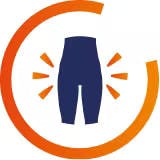
More serious causes of hip pain
More serious causes of hip pain may include, for example, osteoarthritis, bone fractures, dislocation of the bones because of injury, inflammation of the fluid-filled sacs between the hip bones (bursitis). In all of these cases, you must seek professional help from your doctor.

SHARE THIS ARTICLE:
Exercises for your pain
Looking for something else? We have a whole range of video exercises designed to help you reduce pain through movement.

Health, wellness & your pain
Pain is rarely just physical nor is it always solved by taking medicine alone. Voltarol is your ally in helping you take more control of your pain journey, from the way to sleep, to what you eat, mental wellbeing and complementary pain relief therapies.



